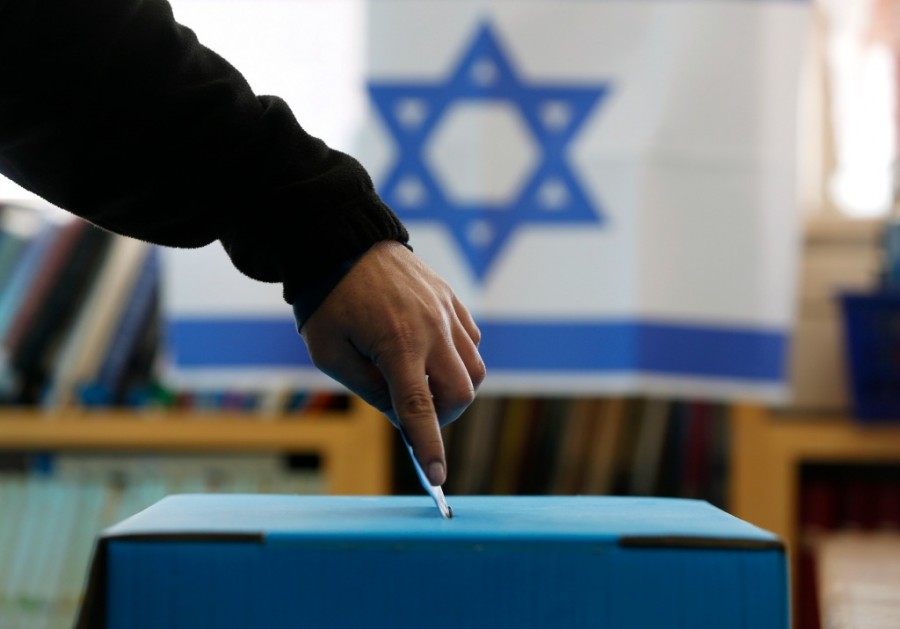Letter to the Editor: What’s the Deal with Israeli Elections?
April 29, 2015
Over the last few months I’ve noticed that Israeli elections and the conflict in the Middle East have been appearing in the news with increasing frequency, and sadly, the coverage isn’t always accurate, in-depth or unbiased. So, Edina, let’s talk: what’s the deal with Israeli elections?
As many of you know, over the summer there was a war between the Israel Defense Forces and Hamas, a Palestinian organization with a militant terrorist wing. The conflict, also known as Operation Protective Edge, ended in late August when Hamas agreed to abide by a final ceasefire. In addition to facing threats from Gaza and the West Bank, Israel also faces security concerns from neighboring Iran and terrorist groups such as ISIS and Hezbollah. It was clear that security remained on the forefront of Israeli thought, when Prime Minister Bibi Netanyahu’s Likud party was re-elected in the March 17th parliamentary elections. By choosing the Likud party, Israeli citizens emphasized the importance of security and defense rather than internal and economic improvements.
It’s important to understand the differences between a parliamentary system such as Israel’s and a presidential system such as ours. In Israel’s parliamentary system, parties compete for the 120 seats in the Knesset, Israel’s governing body. Since there are vastly more parties for voters to choose from, the parties that win seats must form a coalition in order to hold a simple majority (61 seats) in the Knesset. Many American Jews are concerned by the success of Netanyahu’s conservative Likud party in the elections, however it’s important to note that they won only 23% of the vote, meaning that they will need to form a coalition with centrist and left-wing politicians (such as those in Isaac Herzog’s Zionist Union party), as well as the growing Arab parties in order to achieve a majority and become, once again, the governing party of Israel. As the leader of the Likud party, it is Prime Minister Netanyahu’s job to reach out to other party leaders and organize the coalition. If he is unable to do so, Israeli President Reuven Rivlin will be in charge of appointing the next Prime Minister.
While concerns that Likud’s apparent retention of power could slow efforts to find a sustainable solution for the Middle East conflict are valid, the coalition system will force Prime Minister Netanyahu to reach across the aisle and listen to other, more diverse perspectives. No matter what your beliefs on the Middle East mess are, it’s important to have an accurate understanding of Israel’s election process. Armed with this knowledge, you can make a more informed decision on how best to advocate for peace in the Middle East.


lena A • May 15, 2015 at 12:20 am
There’s bias within the article itself so the claim of being “unbias” is now invalid. There are a couple of errors within the information as well.